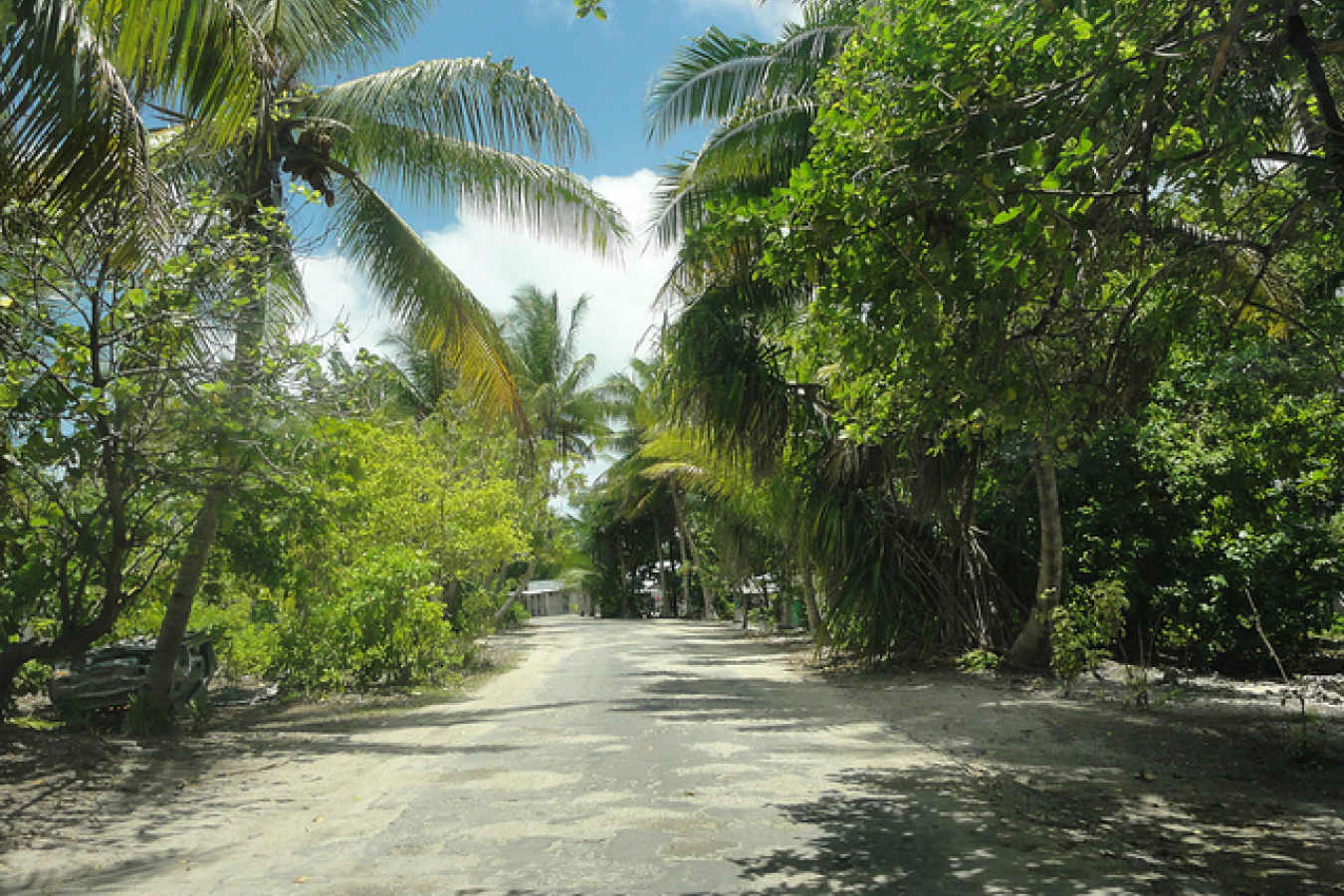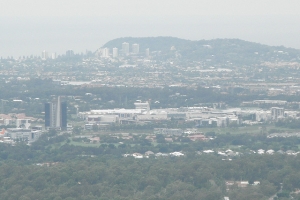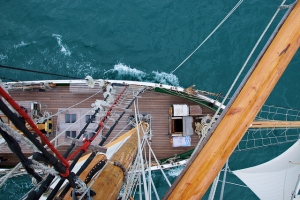Support migrant centric journalism today and donate

New Zealand's High Court has rejected a claim that a Kiribati man was effectively a refugee because of climate change. Ioane Teitiota was appealing against the decision of an immigration tribunal to deport him from New Zealand where he has lived since 2007.
Justice John Priestley told the court that the claim was 'novel' but dismissed the appeal saying 'By returning to Kiribati, he would not suffer a sustained and systematic violation of his basic human rights such as the right to life…or the right to adequate food, clothing and housing'.
Mr Teitiota and his legal team must now decide whether to appeal the High Court decision to New Zealand's Supreme Court.
Indirect persecution
Mr Teitota claimed asylum earlier in 2013 when facing deportation after overstaying his visa. He argued that his homeland, Kiribati, was no longer a safe place to bring up a family because of rising sea levels caused by global warming. His legal team argued that he was facing 'indirect persecution'. This argument was rejected by the original tribunal and by the High Court.Justice Priestley's written judgment accepted that Kiribati was facing environmental problems caused by global warming. However, he said that this did not mean that Mr Teitiota is a refugee.
He said 'The economic environment of Kiribati might certainly not be as attractive to the applicant and his fellow nationals as the economic environment and prospects of Australia and New Zealand but ... his position does not appear to be different from that of any other Kiribati national.'
'Novel and optimistic'
Mr Teitota has three children born in New Zealand. His legal team's arguments that he was a victim of passive persecution were rejected by the court. Justice Priestley said that the grounds of appeal were 'novel and optimistic'.Secondly, Justice Priestley said 'were they to succeed and be adopted in other jurisdictions, at a stroke, millions of people who are facing medium-term economic deprivation, or the immediate consequences of natural disasters or warfare, or indeed presumptive hardships caused by climate change, would be entitled to protection under the Refugee Convention.'
The judge added that many similar claims by people from various low-lying countries around the world such as Tonga, Fiji and Bangladesh had all failed. He added 'It is not for the High Court of New Zealand to alter the scope of the Refugee Convention in that regard," he said. "Rather that is the task, if they so choose, of the legislatures of sovereign states'.
Average height 2m above sea level
Kiribati is a country comprising some thirty islands in the Pacific. The average height above sea level is only 2m above sea level. The nearby nation of Tuvalu is already experiencing contamination of fresh water as sea levels rise.Mr Teitiota's legal team will have to decide whether to appeal the decision. It seems likely that, whatever their decision, this will not be the last asylum claim brought on similar grounds.
If you would like to apply for an Australian visa, workpermit.com can help. workpermit.com is a specialist visa consultancy with nearly twenty-five years of experience dealing with visa applications. We can help with a wide range of visa applications to your country of choice. Please feel free to contact us for further details.





















